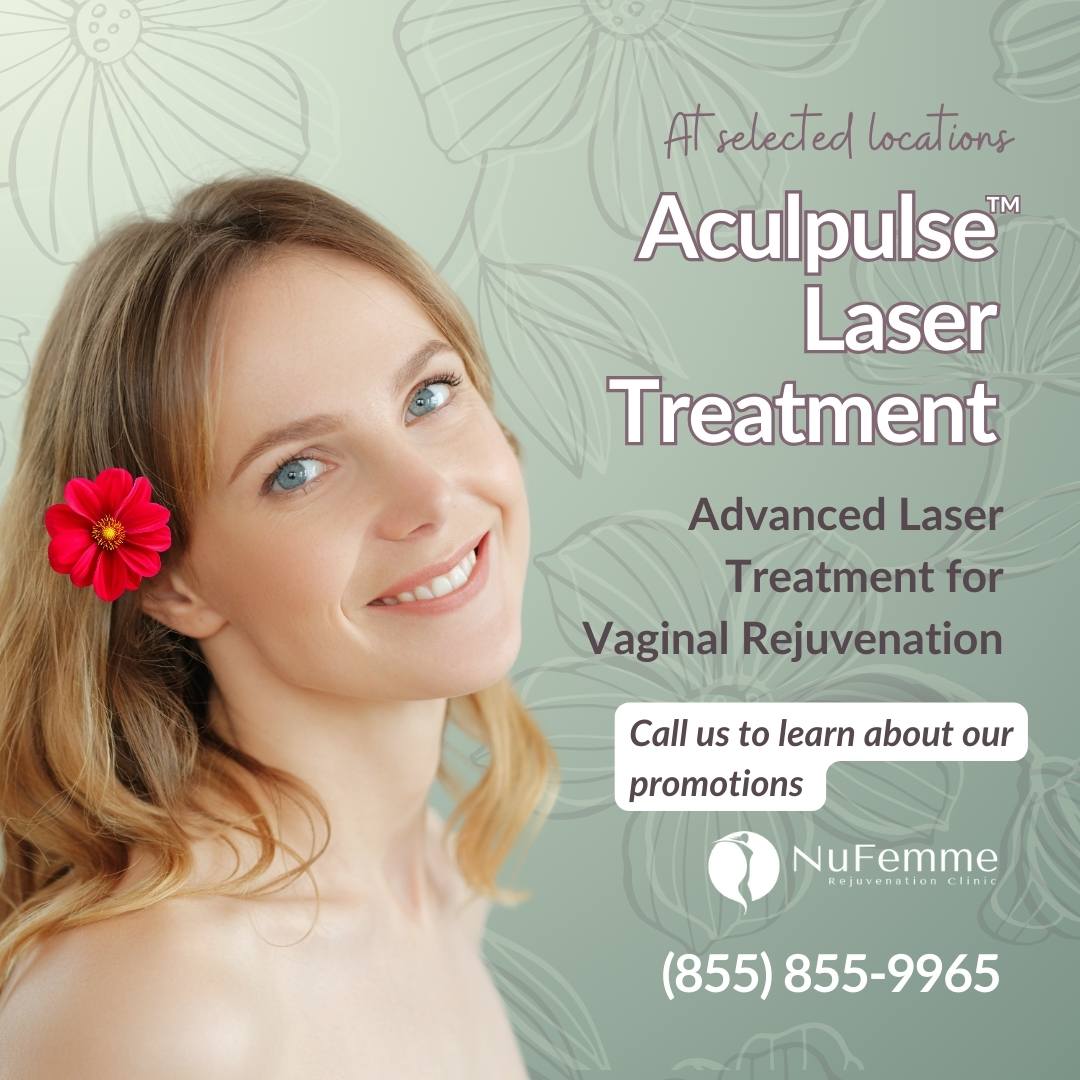MEnopause
What Is Menopause?
Most women enter menopause between the age of 45–55 and experience a variety of physical symptoms. So what is menopause and what can you expect during this transitional time of your life?
Menopause is the point in a woman’s life where she has stopped menstruating for 12 months. Menopause happens when a woman’s estrogen level drops and the ovaries stop releasing eggs every month. Menopause marks more than simply the end of menstruation; it’s an inevitable part of growing older and can signal significant change. You might experience changes that go beyond fluctuating cycles during menopause. Hormonal changes often result in symptoms like hot flashes, night sweats, mood swings and changes to sleeping patterns; your entire system must adapt in order to find balance again. Though experiencing these symptoms may be distressful, menopause offers women an opportunity to rediscover themselves and find renewal. Women often use menopause as an opportunity for self-care, exploring new interests, and connecting with those going through similar experiences. While it can present its share of difficulties, personal growth may suffer due to the challenges of menopause.

Perimenopause
Before menopause, a woman goes through a menopausal transition or perimenopause that could last anywhere between 7 to 14 years. The individual will start to experience hormonal fluctuations and the associated physical symptoms.
Perimenopause serves as your body’s unique prelude to menopause, where hormone levels gradually shift downward without stopping abruptly. Instead, they experience fluctuations that cause unexpected symptoms ranging from irregular periods, mood swings and hot flashes as estrogen production begins to slow from puberty on. Although understanding these shifts is part of growing older, knowing when they occur and what constitutes normal can make managing this stage much smoother and help identify when help from a healthcare provider is required and consider treatments such as Bio-Identical Hormone Therapy Treatment to navigate these symptoms in a sustainable and effective approach.
Post-Menopause
After menopause, a woman enters post-menopause. While most of the symptoms (e.g., hot flashes) would subside, the individual is also more vulnerable to heart disease and osteoporosis. Entering postmenopause has many advantages, including reduced symptoms of menopause like intense hot flashes. But this new phase also demands you be more aware of your health in new ways – with lower estrogen levels increasing the risk for conditions like heart disease and osteoporosis, making regular check-ups even more essential as are engaging in activities to strengthen both bones and heart, such as exercises focusing on both. A balanced diet rich in calcium and vitamin D could bring lasting health advantages; postmenopause offers newfound stability while investing in long-term well-being, so you’ll continue feeling great!
Hysterectomy
When talking about hysterectomy, its outcome must always be taken into consideration as being “surgical menopause.” When combined with the removal of both ovaries – commonly referred to as an “oophorectomy” – hysterectomy can become the cornerstone of artificial menopause. Your ovaries produce estrogen and progesterone – two essential hormones which regulate your menstrual cycle – so without these essential hormones, menopause sets in immediately at any age. As hormone levels decrease rapidly, menopausal symptoms such as hot flashes, mood swings and vaginal dryness become increasingly noticeable more rapidly than previously. Though initially intimidating, this transition may become manageable with appropriate guidance and support. No matter which approach is taken to combat surgical menopause symptoms – be it hormonal replacement therapy or otherwise – it’s crucial for women to engage with their healthcare providers about the best methods for them. Since each woman experiences menopause differently, finding solutions tailored specifically to her situation could make all the difference in how it impacts her health and wellness.

What Are the Symptoms of Menopause?
- Hot flashes
- Insomnia
- Mood swings
- Fatigue
- Depression
- Irritability
- Racing heart rate
- Headaches
- Joint or muscle pains
- Lowered sex drive
- Virginal dryness
- Bladder control problems.
How Can I Control the Symptoms of Menopause?
- Visit a NuFemme clinic and get a custom Hormone Replacement Therapy (HRT) treatment plan to balance your estrogen and progesterone levels.
- Natural remedies include the use of herbs, supplements, and botanicals to relieve discomforts.
- Eat a balanced diet to minimize weight gain and the risk of heart disease.
- Add weight-bearing exercises to strengthen bone health.
- Try alternative treatments such as acupuncture.
- Practice gentle yoga and mindful breathing to relieve stress and anxiety.
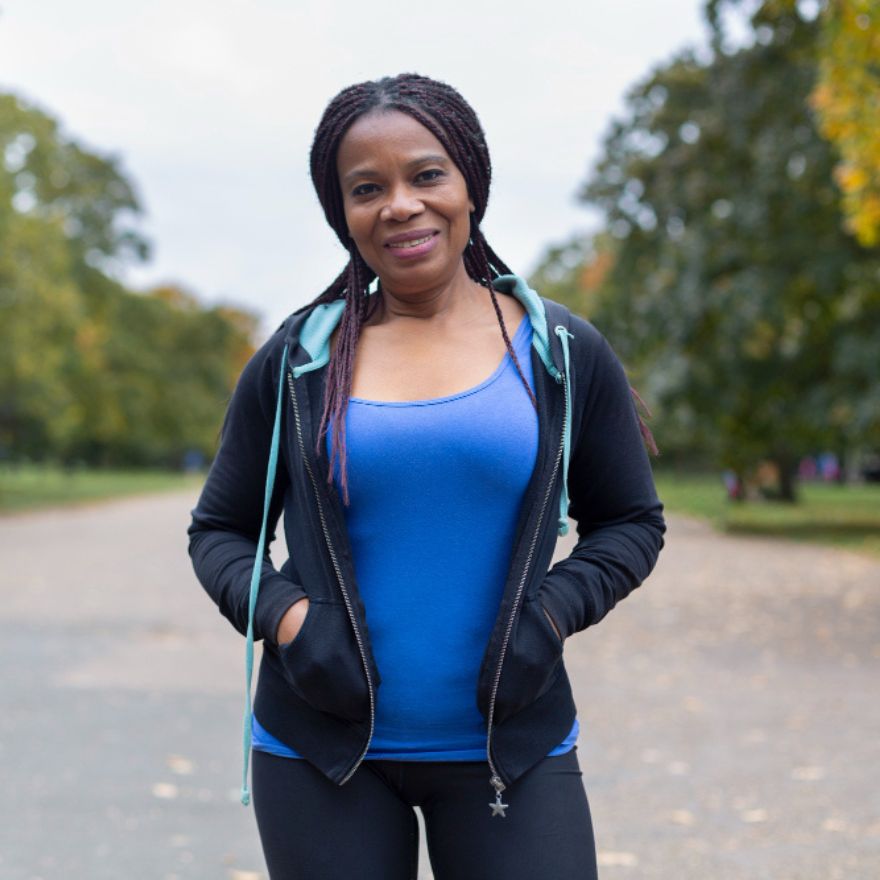
Taking the 1st Step
the latest in Women's Health
Our experienced medical staff will help guide and choose the optimal treatment you deserve. Our approach is comprehensive, confidential, and in a short time you will look, feel, and perform at your best.
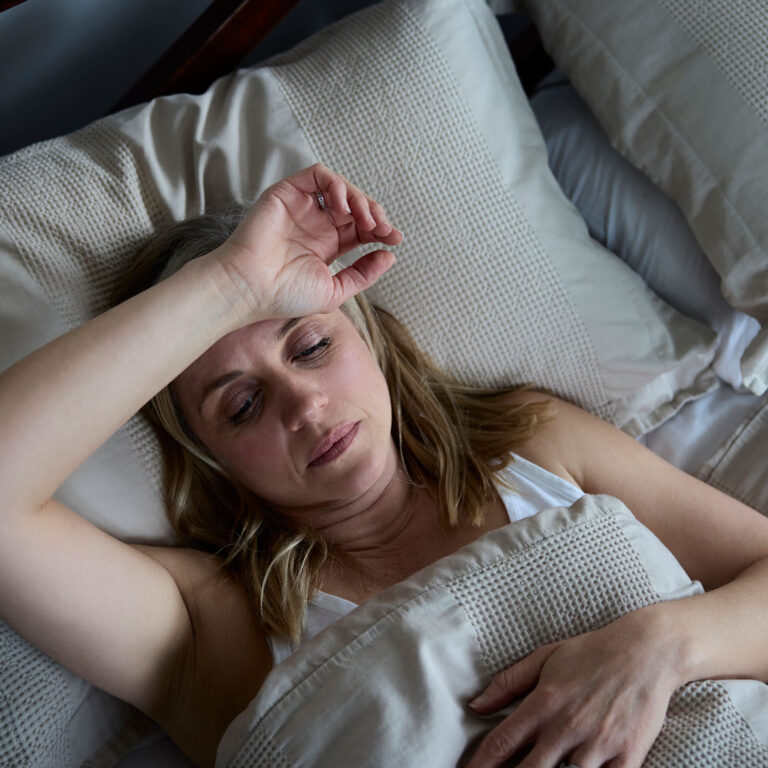
Menopause
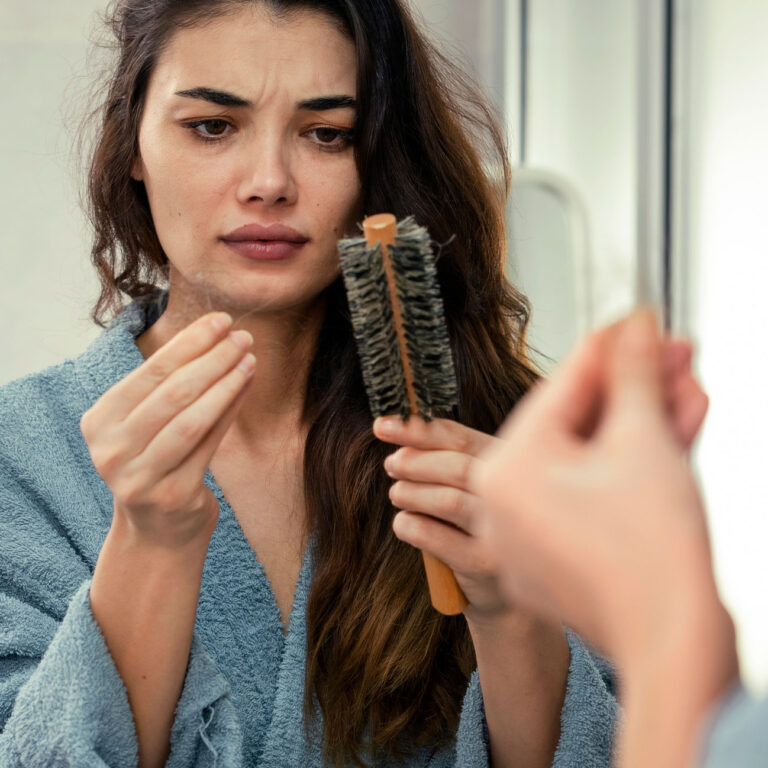
Hair Loss
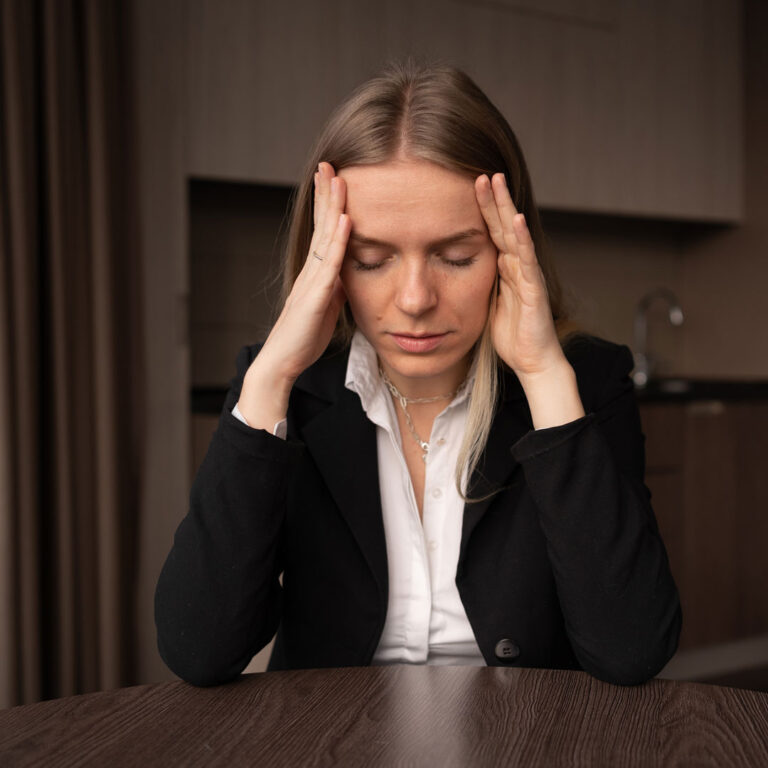
Severe PMS
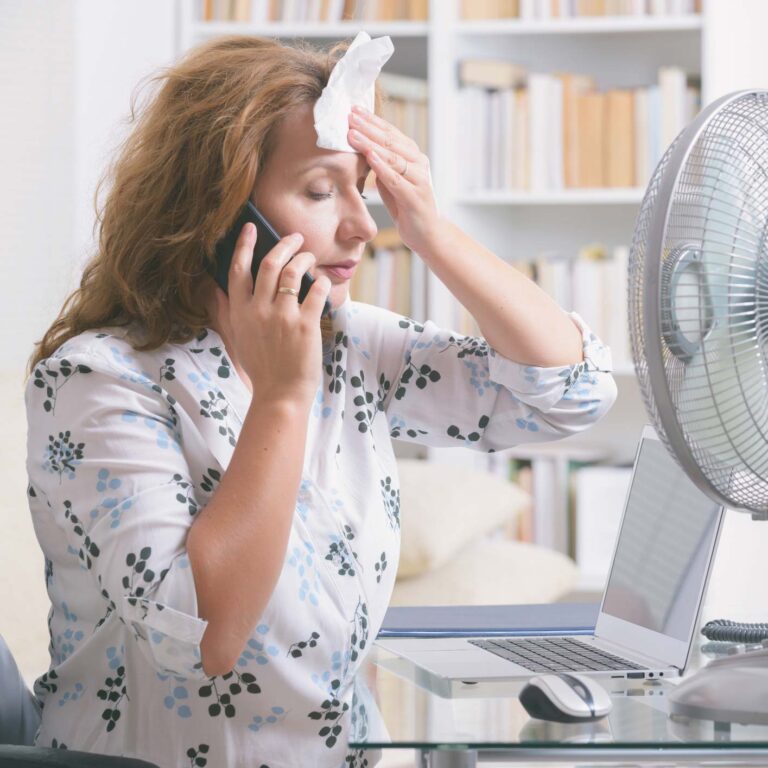
Hot Flashes
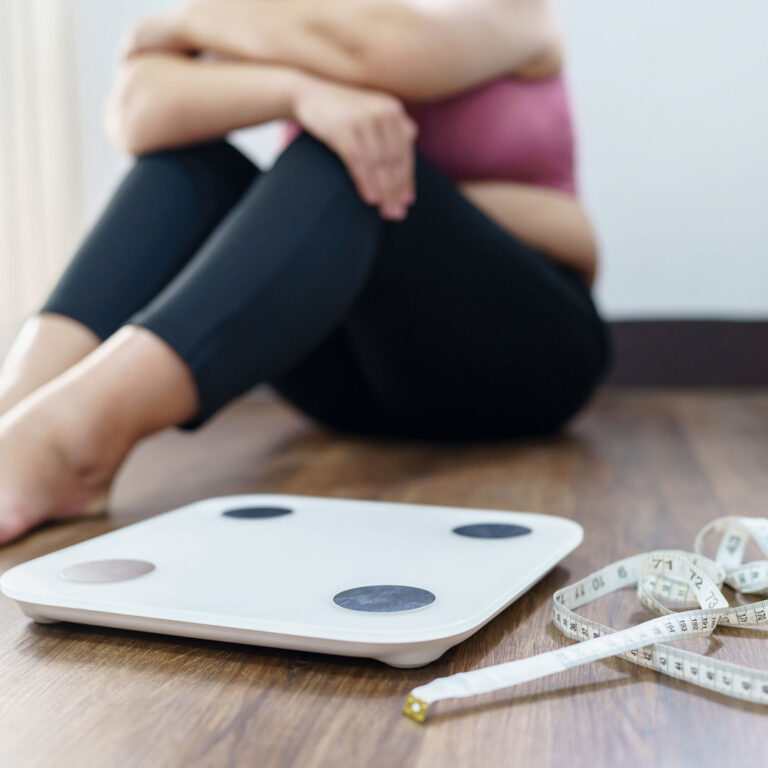
Weight Gain

Insomnia
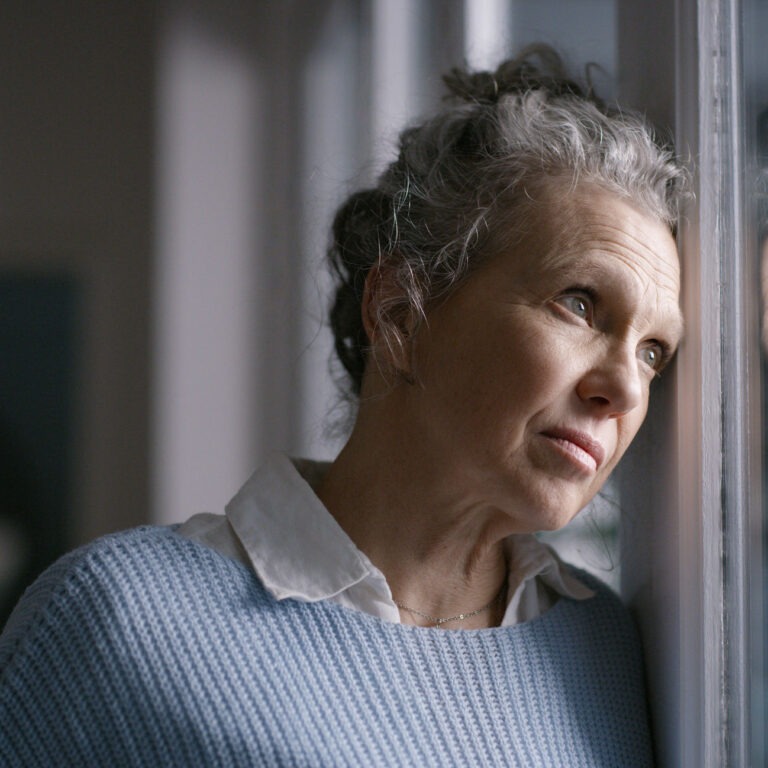
Depression
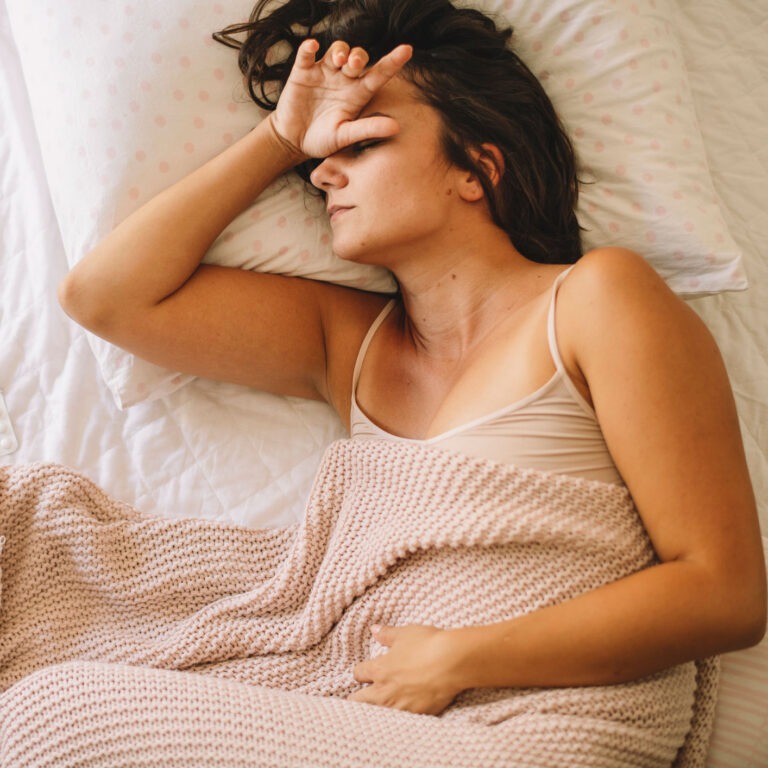
Night Sweats
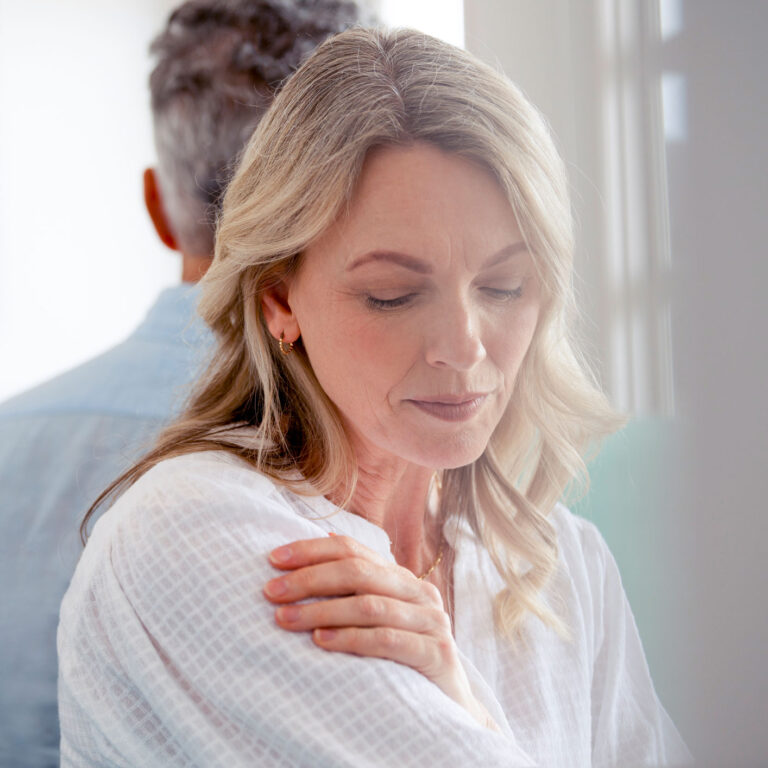
Low Libido







